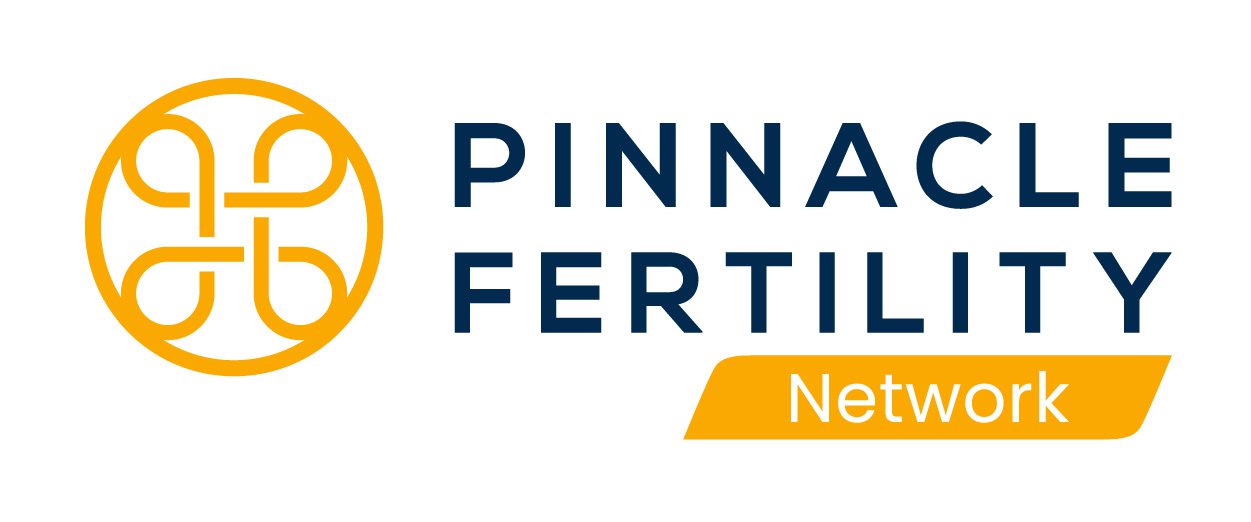Whether you received a diagnosis of infertility, are a same-sex couple interested in starting a family, or are single and ready to have children, we’re here to guide and support you. There are many fertility treatments available that can assist in achieving your dream of having a family. Our team can assist you by breaking down the different treatment options, their costs, and potential insurance coverage. We can also connect you with financing and guidance to choose the right payment plan.
Overview of Testing and Treatment Costs
- Fertility Testing
- Ovarian Stimulation & Intrauterine Insemination (IUI)
- In Vitro Fertilization (IVF)
- Egg Donation
- Gestational Surrogacy
After meeting with a fertility specialist, your doctor may suggest a sequence of tests to identify the cause of infertility. These tests may include the following:
AMH Level
Anti-Mullerian (AMH) hormone is a blood test that measures ovarian reserve. The AMH level can show if there is a declining ovarian reserve and advanced ovarian aging. The test can predict the number of eggs to produce for each IVF or egg-freezing cycle.
FSH Level
The follicular stimulating hormone (FSH) level early in the menstrual cycle can also measure ovarian reserve. A high level indicates decreased ovarian reserve and predicts a lower response to ovarian stimulation. These levels fluctuate monthly, but persistently high levels can indicate diminished ovarian reserve or insufficiency.
Transvaginal Ultrasound with Antral Follicle Count
This allows the provider to see the uterus and ovaries to determine if abnormalities like uterine fibroids or cysts could impact your ability to conceive. An antral follicle count can help determine the number of eggs to retrieve during egg freezing or IVF.
Semen Analysis
This test measures sperm quality and quantity and provides information on the functional capacity of sperm.
Hysterosalpingogram
This specialized x-ray evaluates the female reproductive tract, visualizing the uterus and fallopian tubes. It can diagnose uterine structural defects that hinder implantation or cause miscarriage, and shows if the fallopian tubes are open.
Sonohysterogram or Hydrosonogram
A type of transvaginal ultrasound that identifies structural abnormalities of the uterine cavity, such as polyps, fibroids, intrauterine scar tissue, and uterine septum.
The cost of fertility testing varies depending on the recommended tests. These tests can range from $50–$5,000. Lab work and sperm analysis cost less than imaging tests. Fertility testing is often covered by insurance, even if treatments are not.
Ovarian Stimulation and IUI Costs
IUI typically costs between $300–$1,000 per treatment and varies based on appointments and prescriptions.
This treatment stimulates the ovaries with clomiphene citrate or gonadotropins to produce multiple eggs per cycle. When ovulation is imminent, a prepared sperm sample is placed into the uterine cavity via a narrow catheter. This improves the chance of pregnancy by increasing egg exposure and correcting ovulatory defects.
In Vitro Fertilization Costs
One cycle of IVF typically costs $8,000–$15,000. Embryos can be frozen for future use; transferring frozen embryos costs around $1,800–$4,000.
IVF involves stimulating the ovaries to produce eggs, which are retrieved using ultrasound-guided aspiration. The eggs are then fertilized with sperm in a lab. After 3–5 days of monitoring, the embryos are transferred to the uterus. Costs vary by cycle count, appointments, and medication needs.
Egg Donation Costs
Egg donation costs range from $8,000–$15,000 and depend on whether fresh or frozen donor eggs are used.
This option uses eggs donated by healthy women, typically in their twenties. Donor eggs may benefit individuals with diminished ovarian function, reproductive complications, or same-sex male couples planning to use gestational surrogacy.
Gestational Surrogacy Costs
Gestational surrogacy can cost $190,000–$230,000, depending on the agreement. Factors include surrogate compensation, legal fees, medical procedures, and the matching process.
In this process, the surrogate does not provide the egg. Eggs are retrieved via IVF and transferred to the surrogate’s uterus after hormonal preparation.
Insurance and Coverage
California law requires group insurers to offer infertility treatment coverage (excluding IVF). Employers can decide whether to include infertility in their benefits. Insurers must offer benefits for diagnosis, testing, medication, surgery, and GIFT (Gamete Intrafallopian Transfer).
However, IVF is excluded, and self-insured employers are exempt from this requirement. Fertility preservation is not covered under Medi-Cal managed care plans. Patients are responsible for costs not covered by insurance.
Financing and Payment Plans
Fertility testing and treatment can be expensive. There are resources available to help offset some of these costs and create manageable payment plans. Here are tips to help you plan ahead:
- Ask your provider for an estimated cost breakdown.
- Open a separate savings account for fertility treatments.
- Evaluate your current spending to cut unnecessary costs.
- Allocate extra income (e.g., tax returns, bonuses) to your fertility savings.
- Contact your insurance company to understand coverage and out-of-pocket costs.
Other Resources
As you begin your fertility journey, you may consider programs like Seed Fertility, which provide dietary and emotional support through self-guided online tools. These programs teach how to support yourself with nutrition and mindset each day of your cycle.
Your Supported Fertility Journey
Starting a family can feel overwhelming, but you are not alone. There are many supportive options to help you move forward with testing and treatment—and bring your dreams of family to life.
Schedule a consultation with a fertility specialist to explore your next steps.





